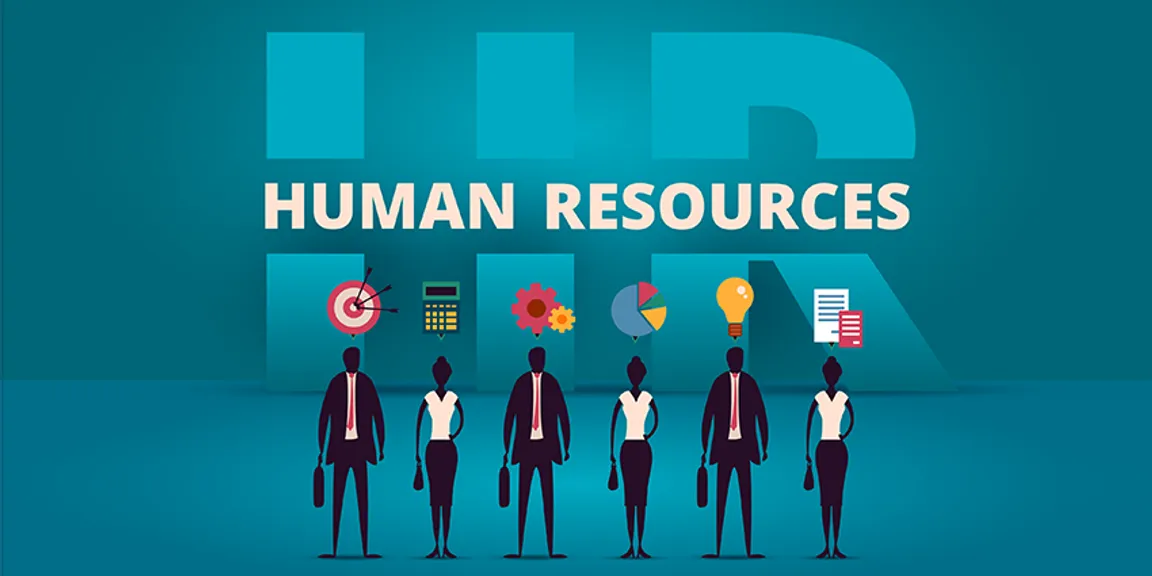
Human Resources (HR) is the heartbeat of an organization, responsible for managing the most valuable asset—its people. Beyond the traditional role of hiring and payroll, HR plays a pivotal role in shaping company culture, fostering employee development, and navigating the complexities of labor laws and regulations. Now Charles Spinelli will explore the multifaceted world of Human Resources, examining its evolving functions, its impact on organizational success, and the critical role it plays in the modern workplace.
The Evolving Role of Human Resources
1. Recruitment and Talent Acquisition: HR professionals are tasked with finding, attracting, and retaining top talent. They develop strategies to identify candidates who align with the company’s values and goals.
2. Employee Development: HR departments oversee training and development programs that empower employees to enhance their skills, fostering both personal growth and organizational success.
3. Employee Engagement and Retention: Creating a positive work environment is essential for retaining talent. HR professionals work to enhance employee engagement through initiatives like surveys, feedback mechanisms, and employee recognition programs.
4. Labor Relations and Compliance: HR ensures that the organization complies with labor laws and regulations, handles employee relations issues, and manages union negotiations where applicable.
5. Performance Management: HR designs performance appraisal systems to evaluate employee contributions, provide feedback, and identify areas for improvement.
6. Diversity and Inclusion: Inclusivity and diversity are integral components of HR’s role in fostering a workplace where all employees feel valued and respected.
7. Strategic Planning: HR collaborates with senior leadership to align HR strategies with the organization’s overall business objectives. This strategic approach ensures that HR initiatives drive the company’s growth and success.
The Impact of HR on Organizational Success
1. Employee Productivity: A well-functioning HR department contributes to higher employee morale and productivity by addressing concerns, providing growth opportunities, and fostering a positive work environment.
2. Talent Acquisition and Retention: HR’s ability to attract and retain top talent directly impacts the organization’s competitive edge and long-term success.
3. Compliance and Risk Mitigation: HR plays a critical role in ensuring the organization complies with labor laws and regulations, reducing legal and financial risks.
4. Company Culture: HR shapes company culture by championing values, promoting diversity and inclusion, and fostering a sense of belonging among employees.
5. Conflict Resolution: Efficient conflict resolution by HR mitigates workplace disputes and maintains a harmonious work environment.
The Modern HR Landscape
In today’s digital age, HR is undergoing a transformation with the integration of technology and data analytics. Key trends include:
1. Digital HR Tools: Automation and digital HR tools streamline administrative tasks, allowing HR professionals to focus on strategic initiatives.
2. Data-Driven Decision Making: HR leverages data analytics to make informed decisions about hiring, employee engagement, and performance management.
3. Remote Work and Flexibility: HR adapts policies and practices to accommodate remote work and flexible schedules, reflecting changing workplace dynamics.
4. Employee Well-being: HR places a stronger emphasis on employee well-being, offering mental health support, work-life balance programs, and wellness initiatives.
5. Workforce Planning: HR anticipates future talent needs and skills gaps, preparing the organization for changing market demands.
Human Resources is the backbone of any successful organization, responsible for nurturing the workforce, fostering a positive culture, and ensuring compliance with labor laws. As the workplace continues to evolve, HR professionals play a vital role in adapting to new challenges and opportunities, from remote work arrangements to digital transformation. By prioritizing the well-being and development of employees, HR contributes to a thriving and dynamic workplace that drives organizational success.
